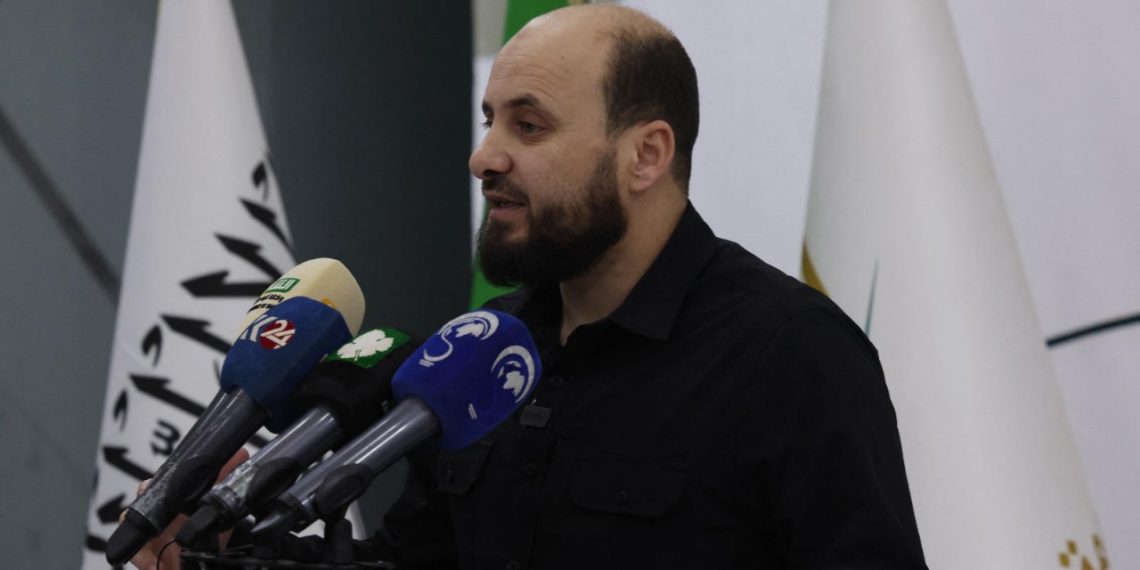Amid a turbulent Syrian landscape, Hay’at Tahrir al-Sham (HTS) announced the appointment of engineer Mohammed al-Bashir to lead a transitional government until March 2025. This move sparked a range of reactions. HTS defended the decision as a necessary step to restore stability through decisive actions, while analysts argued that the government’s success would hinge on its transparency and inclusivity, ensuring it represents all segments of Syrian society. As calls for security and disarmament intensified, critics warned of the risks of de facto hegemony, highlighting the significant challenges facing the new government in balancing domestic demands with international pressure amidst an ongoing crisis.
The decision to appoint Bashir was made during a meeting that included military commander Ahmed al-Shara (formerly known as Abu Muhammad al-Julani), former Syrian regime Prime Minister Mohammed al-Jalali, and Bashir himself.
Assigning Mohammed al-Bashir to Head Transitional Syrian Government
In a televised statement on Tuesday, Bashir confirmed his appointment as head of the interim transitional government, which is tasked with managing affairs until March 2025. He explained that the government would work on transferring files from the Salvation Government and the former Council of Ministers.
Bashir emphasized that the dismantling of security agencies and the repeal of terrorism laws would be key priorities. He also highlighted the importance of “controlling security, providing essential services, and ensuring a smooth transition” during this period of caretaker governance.
The armed opposition’s capture of Damascus marked a historic turning point, ending over 50 years of Assad family rule. Syrian President Bashar al-Assad and his family fled to Russia, which granted them asylum on humanitarian grounds.
The opposition’s seizure of the capital, following the withdrawal of Syrian regime forces from public institutions, effectively ended Baath Party rule, which had lasted more than six decades.
Conflicting Visions for the New Government
The announcement of the new government was met with conflicting statements regarding its priorities. According to a report from the Military Operations Department of the “Deterrence of Aggression” operation, the new government is set to implement strict regulations, including a curfew in several areas (from 5 p.m. to 5 a.m.) and limits on bread purchases to ensure fair distribution. The statement also warned against exploiting “the blood of martyrs” for personal or political gain.
In contrast, Obeida al-Arnaout, spokesperson for the Political Affairs Department in the Salvation government, told the website +963 Media that the new government aims to incorporate various societal segments into the state-building process, focusing on managing the newly liberated areas through specialized academic bodies that respect local cultural norms.
Syrian diplomat Bashar Ali Hajj Ali, currently residing in Austria, expressed a different perspective. He called for the formation of a transitional government based on transparent and democratic mechanisms, ensuring that it is truly representative of all Syrian people. He emphasized the need for impartial supervision during the formation process and advocated for the convening of a national constituent assembly that includes all political, ethnic, and religious groups. Hajj Ali also stressed the importance of drafting a temporary election law and guaranteeing social justice through policies that ensure fair wealth distribution and the protection of citizens’ rights.
This article was translated and edited by The Syrian Observer. The Syrian Observer has not verified the content of this story. Responsibility for the information and views set out in this article lies entirely with the author.


